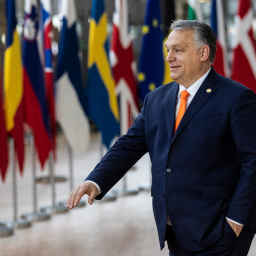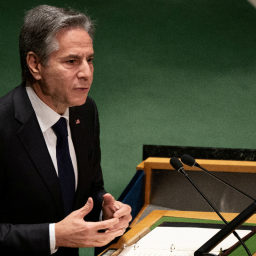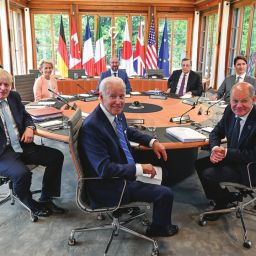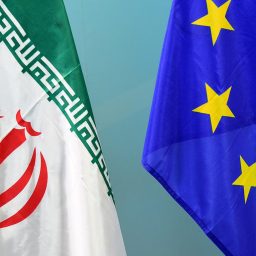Presidential elections in Cyprus
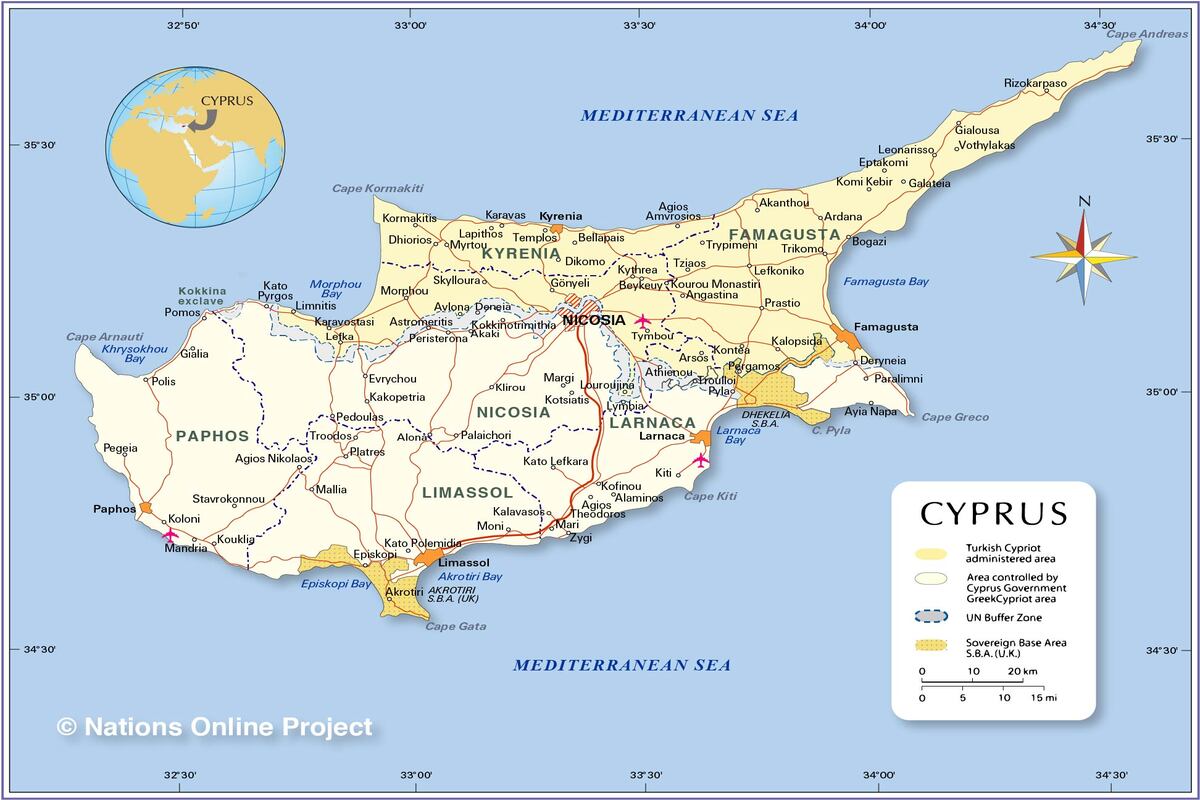
Citizens of the Republic of Cyprus vote on Sunday to elect the country’s eighth president for a five-year term. According to international news agencies, Cyprus is a presidential republic in which the directly elected head of state is also the head of government. The 1,150 polling stations opened at 07:00 local time (05:00 GMT) in Nicosia, Famagusta, Limassol, Larnaka, and Paphos districts and will close at 16:00 GMT. Of the 561,033 voters, 730 are Turkish Cypriots registered in the southern part of the island. In addition, there are 35 polling stations in other countries, such as Greece and the United Kingdom, where large numbers of Cypriots have the right to vote. The first forecasts should be available immediately after the polls close, and preliminary official results are expected during the evening.
A candidate needs an absolute majority in the first round of voting to become president, but if no one manages to win, a new round of voting will be held a week later on February 12. Preliminary polls suggest that the favorite is former foreign minister Nikos Christodoulidis, a pro-European politician who could get more than 30% of the vote in the first round. Two other pro-European candidates, diplomat Andreas Mavrogiannis, who is backed by the left-wing AKEL party, and representative of the right-wing conservative DISY party, Averof Neofytou, are also in the running, each with around 20% support, according to polls. The electoral campaign was dominated by issues such as corruption, the stalled peace process with the Turkish Cypriots, labor disputes linked to accelerated inflation, and irregular migration. According to EU figures, Cyprus ranks second in the European Union, after Austria, in terms of the number of first-time asylum seekers in relation to the population. According to the authorities, 6% of the 915,000 people living in the island’s south are asylum seekers. The main tasks of the new president will be to clean up the image of the country, which has been shaken by corruption scandals, and to continue the difficult negotiations for a possible reunification of the island. Following an amendment to the Constitution in 2019, the mandates of the President of Cyprus are limited to two. The incumbent right-wing president, Nikos Anastasiades, elected in 2013, is no longer running after two five-year terms. Voting takes place only in the southern part of the island. The country is divided between the Republic of Cyprus, a member of the European Union since 2004, and the Turkish Republic of Northern Cyprus, an entity that emerged in 1974 following Turkey’s invasion and occupation of 36% of the island and which is recognized only by Ankara. Numerous mediations by the United Nations to overcome this division have failed. EU legislation and regulations apply only to southern Greek Cypriots. The Greek Cypriot government exercises authority only over the southern part of the island, separated by a demilitarized zone under UN control, called the Green Line, from the self-proclaimed Turkish Republic of Northern Cyprus.
By Sara Colin




